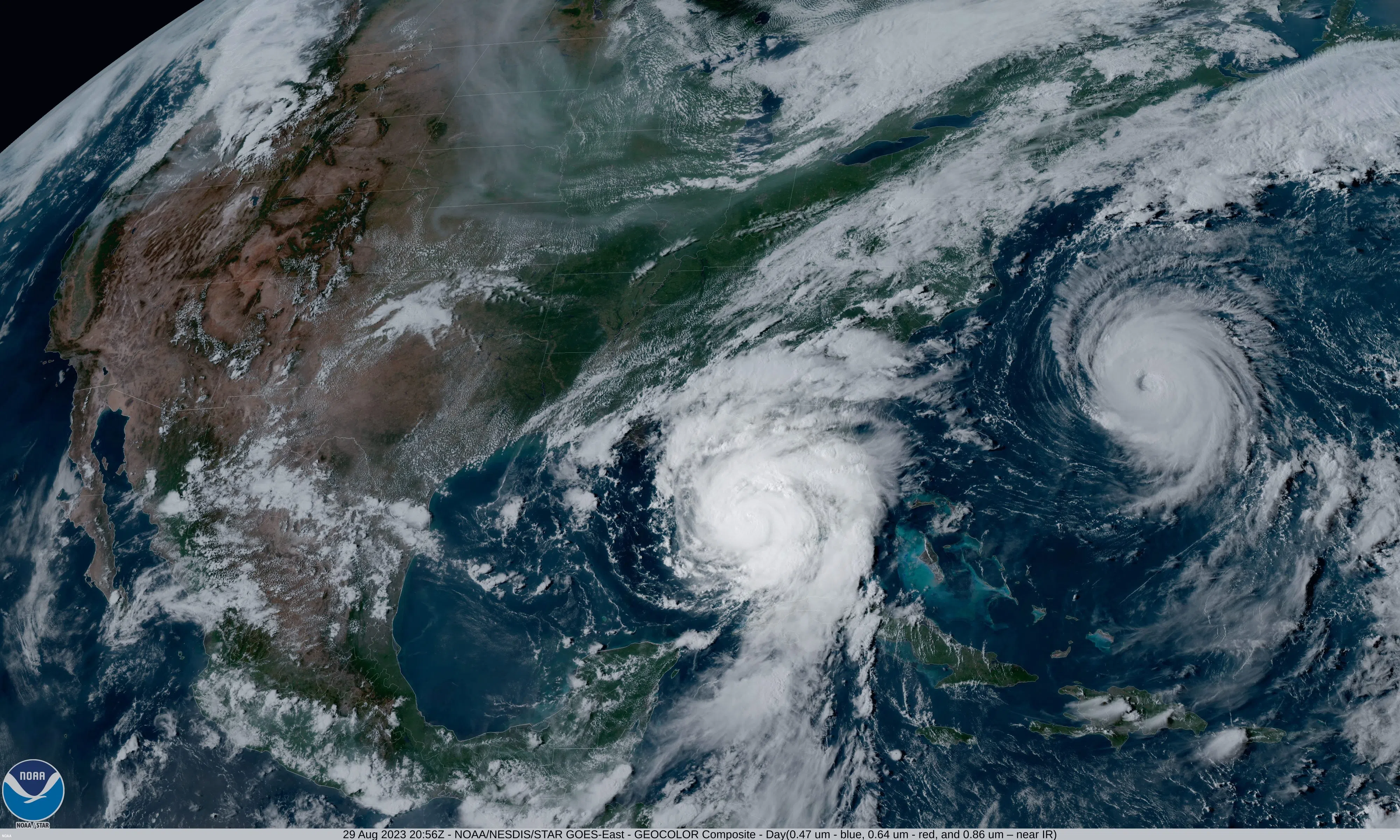Atlantic Canadians should prepare early for what is expected to be a very active hurricane season.
Experts are forecasting between 17 and 25 named storms this season, compared to the average of 14.
Eight to 13 of those could become hurricanes (average of seven), including four to seven major hurricanes (average of three).
Bob Robichaud, a meteorologist at the Canadian Hurricane Centre, said preparations start with knowing your individual risks.
“Someone who lives right along the coast is going to have to take certain precautions or preparations that might be different from someone who lives inland at a higher elevation,” said the meteorologist.
Once you determine your specific risks, take measures to mitigate those risks and prepare with some of the items you might need.
Robichaud said you should always be prepared to be self-sufficient for up to 72 hours following an emergency like a hurricane.
“That is not to say that everything is going to return to normal in 72 hours, it just gives that period of time to allow emergency managers to come up with a plan to deal with whatever they’re dealing with,” he added.
The hurricane season officially runs from June 1 to November 30, with the bulk of the tropical cyclone activity usually occurring from August through October.
On average, the Canadian Hurricane Centre responds to three or four tropical cyclone events each year, with one or two of those having impacts on Canadian soil and another two or three threatening offshore waters.






